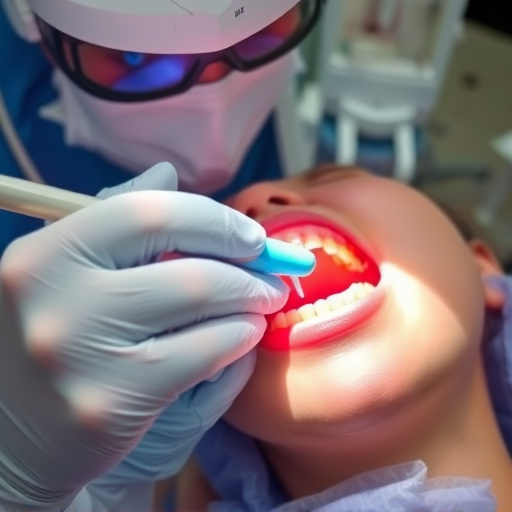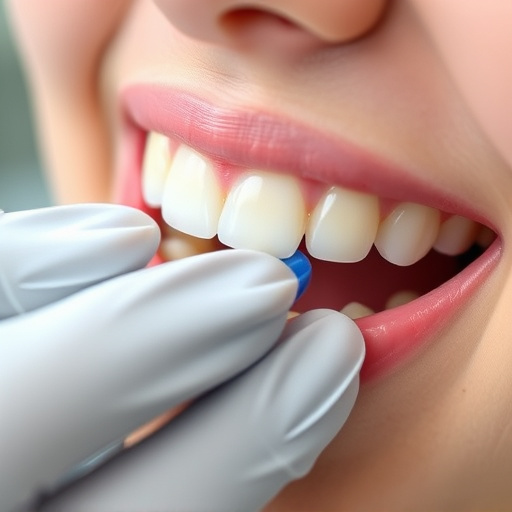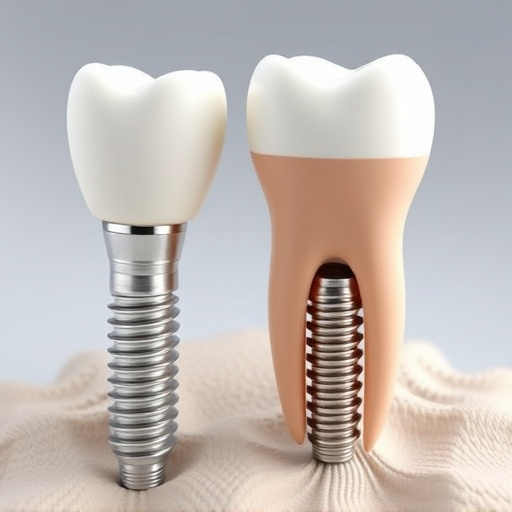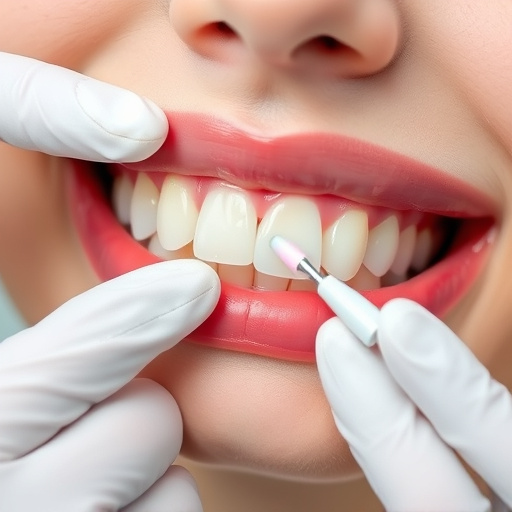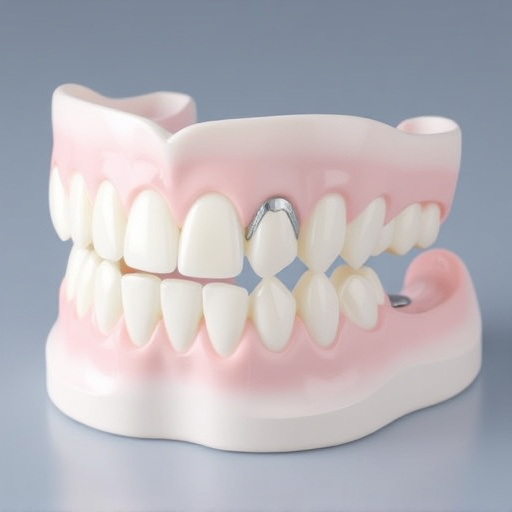An oral health assessment is a comprehensive exam evaluating mouth, teeth, gums, and related structures. Dentists use tools like visual exams, X-rays, and specialized equipment to detect issues early, such as plaque buildup, tooth decay, or gum inflammation. Regular assessments are crucial for maintaining dental health, tracking post-procedure progress, preventing complications, guiding personalized treatment plans, and avoiding costly interventions. This is especially vital for dental implants, enabling dentists to monitor bone density, detect infections, and ensure long-term stability through timely restorative procedures.
Oral health assessment is a crucial tool for monitoring dental implants, ensuring their long-term success. This comprehensive guide delves into the basics of oral assessments and their pivotal role in maintaining implant integrity. We explore a multifaceted approach to monitoring, emphasizing regular check-ups as a game-changer in implant care. By understanding these key aspects, folks can foster optimal implant health, enhancing overall oral well-being.
- Understanding Oral Health Assessment Basics
- Monitoring Dental Implants: A Comprehensive Approach
- The Role of Regular Check-ups in Implant Success
Understanding Oral Health Assessment Basics

Oral health assessment is a comprehensive process that evaluates the overall condition and functionality of your mouth, teeth, gums, and related structures. It’s not just about checking for cavities or gum disease; it encompasses a deeper look at your oral cavity to identify potential issues early on. Dentists use various tools and techniques during these assessments, including visual examinations, X-rays, and specialized equipment to detect plaque buildup, tooth decay, gum inflammation, and other problems.
Regular oral health assessments are crucial for maintaining optimal dental health, especially after procedures like wisdom tooth removal or when managing existing conditions with dental fillings or cleanings. They help track progress, prevent complications, and guide personalized treatment plans. By staying on top of your oral health through these periodic check-ups, you can avoid more extensive and costly interventions in the future.
Monitoring Dental Implants: A Comprehensive Approach

Monitoring Dental Implants: A Comprehensive Approach
Oral health assessment plays a pivotal role in keeping track of dental implants’ longevity and integrity. This involves regular, thorough examinations that extend beyond visual inspections. Dentists employ advanced diagnostic tools to measure bone density around implants, detect any signs of inflammation or infection, and assess the overall functional performance of these artificial teeth. By integrating oral health assessment into routine care, dental professionals can identify potential issues early on, preventing complications such as tooth extractions and necessitating emergency dental care.
Moreover, this comprehensive approach encompasses not only the health of implants themselves but also the surrounding soft and hard tissues. Regular monitoring helps in identifying any changes that could indicate the need for dental fillings or other restorative procedures. Through proactive management, oral health assessments contribute significantly to ensuring the longevity and stability of dental implants, enhancing overall patient comfort and confidence.
The Role of Regular Check-ups in Implant Success
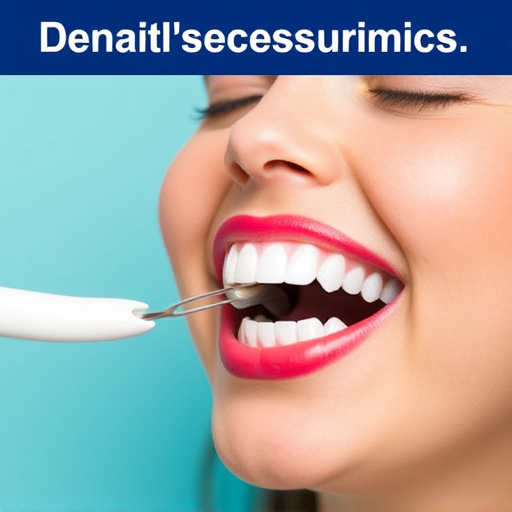
Regular check-ups play a pivotal role in ensuring the long-term success and longevity of dental implants. An oral health assessment is not just a routine procedure; it’s a proactive measure to monitor any potential issues that might arise after the placement of implants. During these visits, dental professionals can inspect the gums, bones, and surrounding tissues for signs of inflammation, infection, or bone loss, which are early indicators of complications. Early detection allows for timely intervention, preventing minor problems from escalating into more severe dental issues.
Moreover, regular check-ups provide an opportunity to address any concerns related to adjacent teeth, gum health, and overall oral hygiene. This comprehensive approach is crucial, especially when considering cosmetic treatments like clear aligners or emergency dental care situations that might affect the implant’s stability. By maintaining a rigorous check-up schedule, patients can ensure their implants remain secure, healthy, and functional, enhancing their smile and quality of life for years to come.
Oral health assessment plays a pivotal role in monitoring dental implants, ensuring their long-term success. By incorporating regular check-ups and comprehensive assessments, professionals can effectively track implant health, detect potential issues early on, and provide timely interventions. This proactive approach not only enhances patient outcomes but also contributes to the overall maintenance of optimal oral health. Regular monitoring through oral health assessment is, therefore, an indispensable practice in the field of dental implants.








